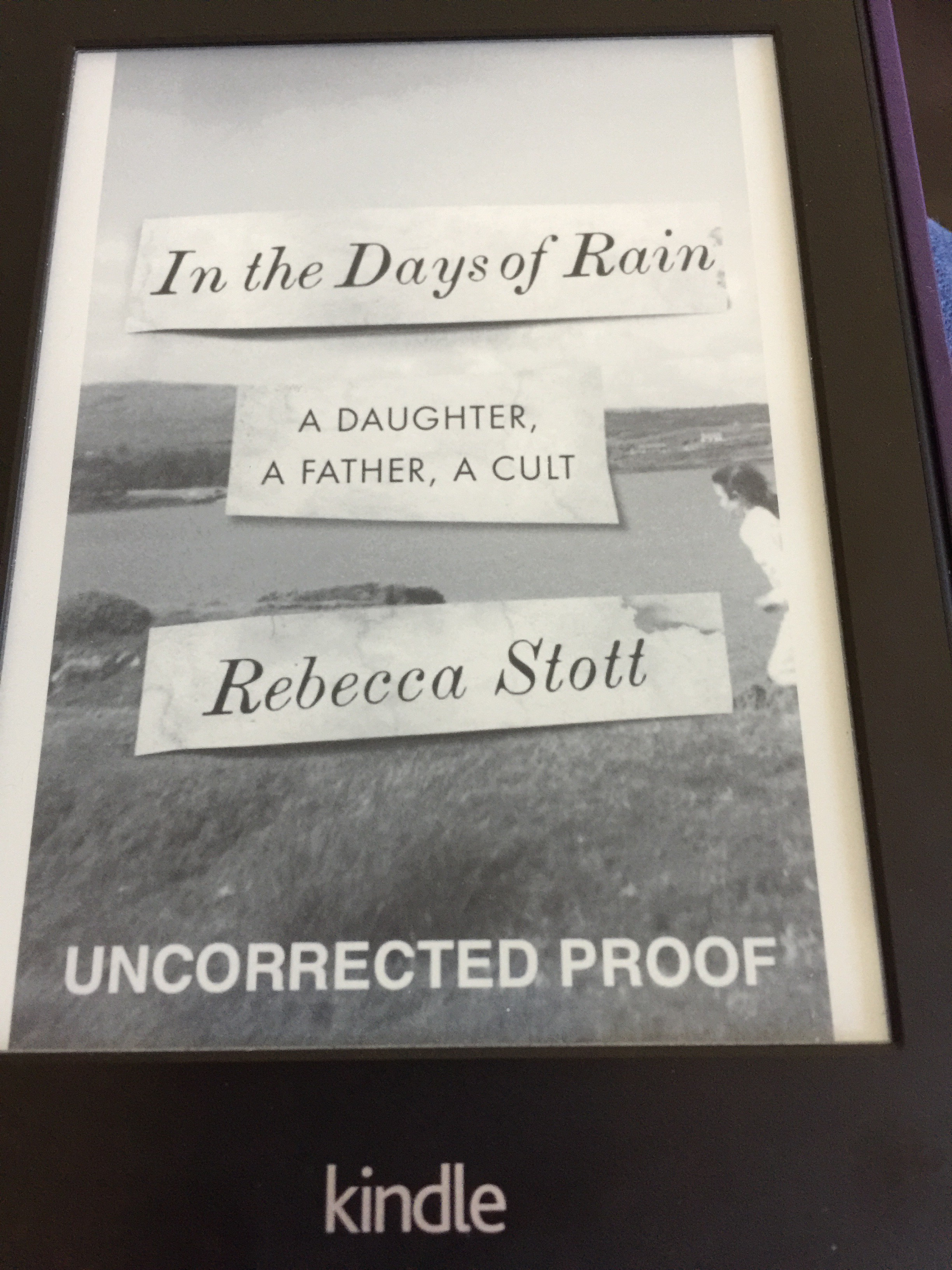
Hiya! It’s the last Wednesday of the month, and I’ve decided to look at the history & biography books coming out this month. Goodreads has managed to make up a top 5 of new releases, so the least I can do is to look through them and decide whether or not they’ll end up on my to-read list. Other new releases of November 2017 can be found by genre right here on Goodreads.
Publication date: November 14th, 2017
A captivating exploration of the role in which Queen Victoria exerted most international power and influence: as a matchmaking grandmother. By the 1890s, Queen Victoria had over thirty grandchildren, and to maintain and increase British royal power she was determined to manoeuvre them into a series of dynastic marriages with the royal houses of Europe. Yet for all their apparent obedience, her grandchildren often had plans of their own, fueled by strong wills and romantic hearts. Victoria’s matchmaking plans were further complicated by the tumultuous international upheavals of the time: revolution and war were in the air, and kings and queens, princes and princesses were vulnerable targets. Queen Victoria’s Matchmaking travels through the glittering, decadent palaces of Russia and Europe, weaving in scandals, political machinations and family tensions to enthralling effect. It is at once an intimate portrait of a royal family and an examination of the conflict caused by the marriages the Queen arranged. At the heart of it all is Victoria herself: doting grandmother one moment; determined Queen Empress the next.
Publication date: November 14th, 2017
A black porter publicly whips a white English gentleman in a Gloucestershire manor house. A heavily pregnant African woman is abandoned on an Indonesian island by Sir Francis Drake. A Mauritanian diver is despatched to salvage lost treasures from the Mary Rose… Miranda Kaufmann reveals the absorbing stories of some of the Africans who lived free in Tudor England. From long-forgotten records, remarkable characters emerge. They were baptised, married and buried by the Church of England. They were paid wages like any other Tudors. Their stories, brought viscerally to life by Kaufmann, provide unprecedented insights into how Africans came to be in Tudor England, what they did there and how they were treated. A ground-breaking, seminal work, Black Tudors challenges the accepted narrative that racial slavery was all but inevitable and forces us to re-examine the seventeenth century to determine what caused perceptions to change so radically.
Publication date: November 3rd, 2017
Thomas Jefferson and John Adams could scarcely have come from more different worlds, or been more different in temperament. They worked closely in the crucible of revolution, crafting the Declaration of Independence and leading, with Franklin, the diplomatic effort that brought France into the fight. But ultimately, their profound differences would lead to a fundamental crisis, in their friendship and in the nation writ large, as they became the figureheads of two entirely new forces, the first American political parties. It was a bitter breach, lasting through the presidential administrations of both men, and beyond. But late in life, something remarkable happened: these two men were nudged into reconciliation. What started as a grudging trickle of correspondence became a great flood, and a friendship was rekindled, over the course of hundreds of letters. In their final years, they were the last surviving founding fathers and cherished their role in this mighty young republic as it approached the half-century mark in 1826. At last, on the afternoon of July 4th, 50 years to the day after the signing of the Declaration, Adams let out a sigh and said, “At least Jefferson still lives.” He died soon thereafter. In fact, a few hours earlier on that same day, far to the south in his home in Monticello, Jefferson died as well. Arguably no relationship in this country’s history carries as much freight as that of John Adams of Massachusetts and Thomas Jefferson of Virginia. Gordon Wood has more than done justice to these entwined lives and their meaning; he has written a magnificent new addition to America’s collective story.
Publication date: November 21st, 2017
Millions of readers of Little House on the Prairie believe they know Laura Ingalls—the pioneer girl who survived blizzards and near-starvation on the Great Plains, and the woman who wrote the famous autobiographical books. But the true saga of her life has never been fully told. Now, Caroline Fraser—the editor of the Library of America edition of the Little House series—masterfully fills in the gaps in Wilder’s biography. Revealing the grown-up story behind the most influential childhood epic of pioneer life, she also chronicles Wilder’s tumultuous relationship with her journalist daughter, Rose Wilder Lane, setting the record straight regarding charges of ghostwriting that have swirled around the books. The Little House books, for all the hardships they describe, are paeans to the pioneer spirit, portraying it as triumphant against all odds. But Wilder’s real life was harder and grittier than that, a story of relentless struggle, rootlessness, and poverty. It was only in her sixties, after losing nearly everything in the Great Depression, that she turned to children’s books, recasting her hardscrabble childhood as a celebratory vision of homesteading—and achieving fame and fortune in the process, in one of the most astonishing rags-to-riches episodes in American letters. Spanning nearly a century of epochal change, from the Indian Wars to the Dust Bowl, Wilder’s dramatic life provides a unique perspective on American history and our national mythology of self-reliance. With fresh insights and new discoveries, Prairie Fires reveals the complex woman whose classic stories grip us to this day.
Publication date: November 7th, 2017
The 1968 election was O’Donnell’s own political coming of age, and Playing With Fire represents an extraordinary human drama that captures a system, and a country, coming apart at the seams in real time. Nothing went to script. LBJ was confident he’d dispatch with Nixon, the GOP frontrunner; Johnson’s greatest fear and real nemesis was RFK. But Kennedy and his team, despite their loathing of the president, weren’t prepared to challenge their own party’s incumbent. Then, out of nowhere, Eugene McCarthy shocked everyone with his disloyalty and threw his hat in the ring. A revolution seemed to be taking place, and LBJ, humiliated and bitter, began to look mortal. Then RFK leapt in, and all hell broke loose. Two assassinations and a week of bloody riots in Chicago around the Democratic Convention later, and the old Democratic Party was a smouldering ruin, and, in the last triumph of old machine politics, Hubert Humphrey stood alone in the wreckage. Suddenly Nixon was the frontrunner, having masterfully maintained a smooth facade behind which he feverishly held his party’s right and left wings in the fold through a succession of ruthless maneuvers to see off George Romney, Nelson Rockefeller, Ronald Reagan, and the great outside threat to his new Southern Strategy, the arch-segregationist George Wallace. But then, amazingly, Humphrey began to close, and so, in late October, Nixon pulled off one of the greatest dirty tricks in American political history, an act that may well meet the statutory definition of treason. The tone was set for Watergate and all else that was to follow, all the way through to today.
Book one might actually end up on my to-read list! I’m a big fan of English costume periodicals, which this basically is, except that it’s actual history. I’m also a big fan of Victoria’s, even before I fell in love with the TV-show starring Jenna Coleman (who I fell in love with during Doctor Who). She was a bad ass queen, and I had already heard and read about how she shaped Europe by arranging the right marriages. I’ll put this on my to-be-read-in-the-future-sometime list! The second book in this list is not to my liking, however. It’s another period of British history that I like, but it’s not my kind of subject. Moving on! As said here earlier, I’m quite the anglophile and I’m not at all interested in American culture and history, which is why book three is not my cup of tea (pun intended). The fourth book also didn’t end up on my to-read list as it apparently tells the real story behind the Little House on the Prairie books, which I haven’t read either. Again, I’m not a big fan of American history (let alone politics), so book 5 is not a to-be-read book for me!
Do you agree with my picks? Or are you a real fan of history and biography who can’t wait to devour these newly released books? Let me know!
Happy reading,
Loes M.
Share this:




